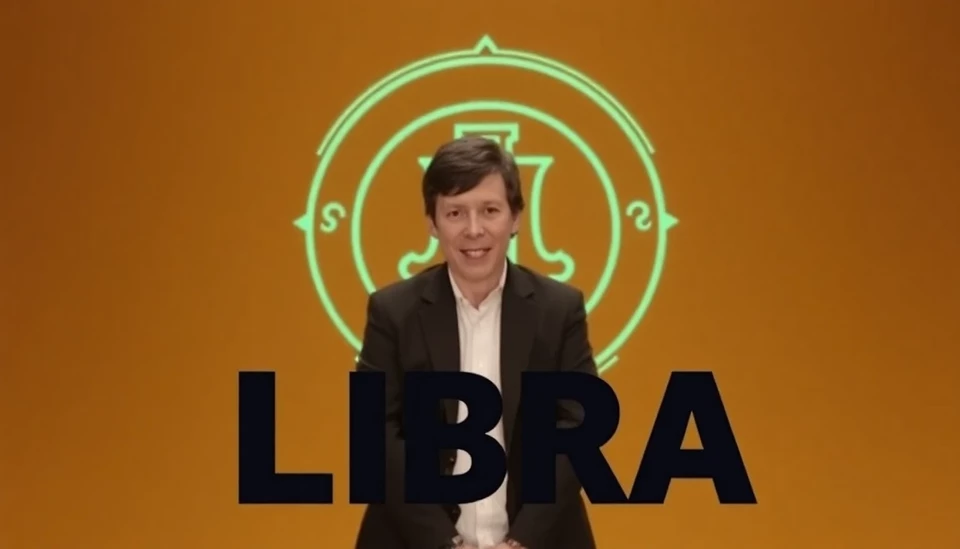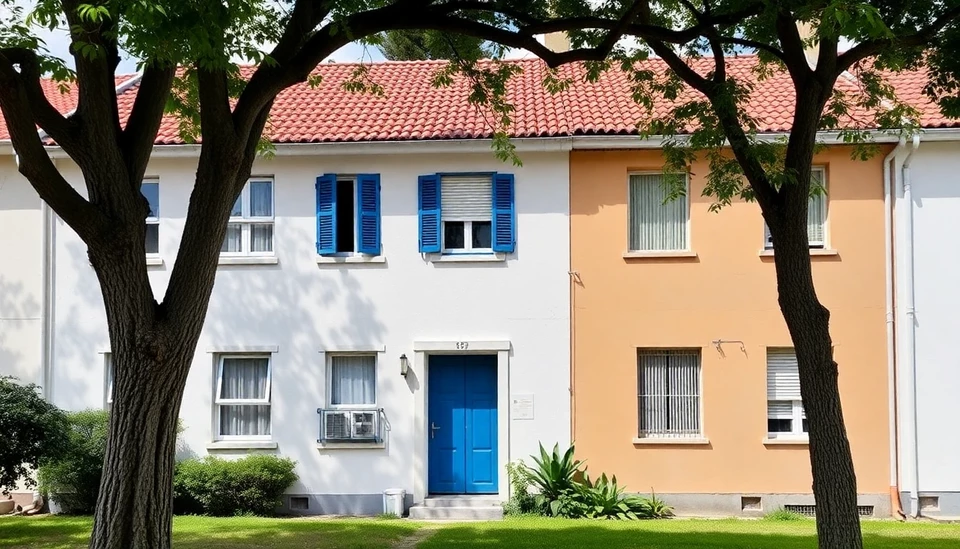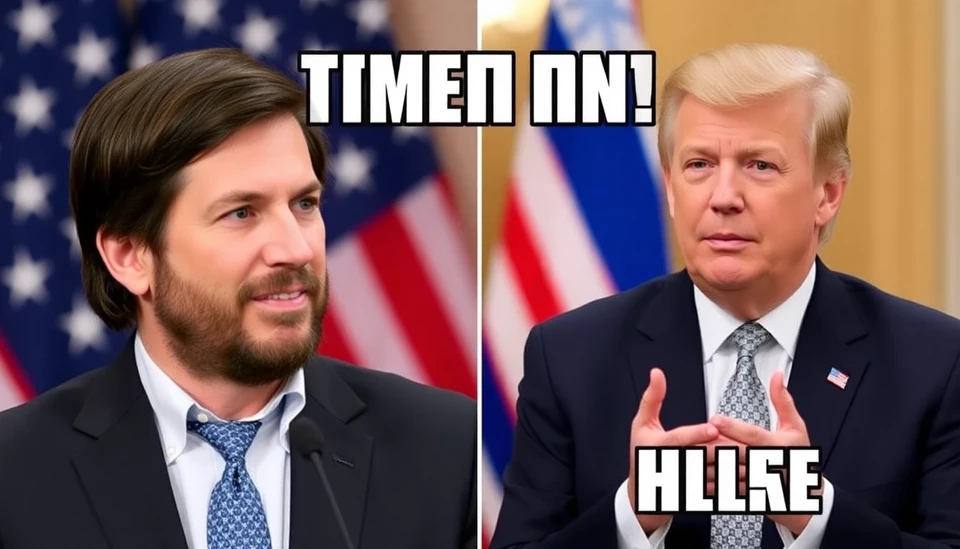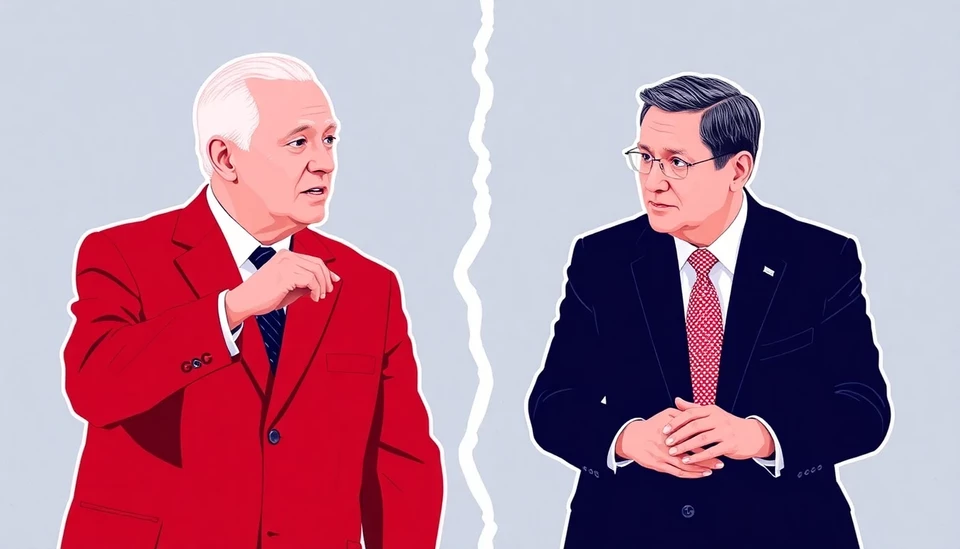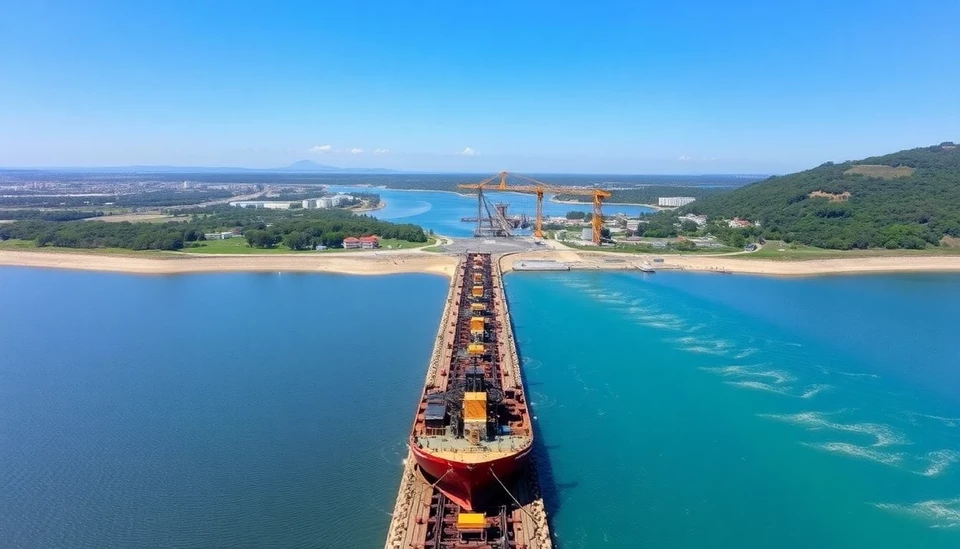
In a remarkable turn of events, Argentina has recorded its lowest inflation rate since the middle of 2020. This significant decline is attributed to the sweeping economic reforms implemented by the newly elected President Javier Milei. The rate of inflation fell to 5.1% in January, representing a substantial decrease from the staggering monthly rates seen in the latter half of 2022, where inflation often surpassed 20% per month. This reduction signals a potential stabilization of the economy, offering hope to citizens grappling with soaring prices and diminished purchasing power.
President Milei, who assumed office in December 2023, has been vigorously pursuing measures aimed at combating the nation’s chronic inflation problem. His approach centers on implementing stringent fiscal policies, streamlining the government budget, and rallying support for a strong pro-business environment. These reforms are designed not only to tame rampant inflation but also to restore investor confidence in Argentina’s economy.
As the historical backdrop reveals, Argentina has endured years of economic turmoil characterized by staggering inflation rates, which eroded savings and significantly affected the cost of living. The cumulative effects of inflation have forced many citizens into poverty, emphasizing the urgency of Milei's reform agenda. The January figures indicate an optimistic shift, shattering the previously established trend of inflation that plagued the country for years.
The government's efforts to stabilize the economy have included reducing subsidies, eliminating restrictive import tariffs, and promoting foreign investments to invigorate economic growth. These shifts are critical in a country where inflation has been a persistent challenge, affecting nearly every aspect of daily life from food prices to utility costs.
Additionally, the implementation of Milei’s monetary policy reforms is expected to play a crucial role in maintaining the current downward trajectory of inflation. By tightening the money supply and adopting a more disciplined approach to fiscal spending, the administration aims to foster a conducive environment for economic recovery and growth.
Economists and analysts remain cautiously optimistic about these developments. While the drop in inflation is a positive sign, there are potential stumbling blocks ahead, including external economic pressures and the challenge of maintaining public support for necessary austerity measures. Nevertheless, the government views the current figures as a promising foundation toward broader economic recovery.
As Argentina stands at a crossroads, the commitment to curbing inflation and ensuring economic stability will be instrumental in paving the way forward. With careful navigation through the complexities of reform and continuous dialogue with the public, there is hope that this decline in inflation marks the beginning of a new chapter in Argentina's economic narrative.
In conclusion, the recent figures reflect a significant win for President Milei and his administration, promising a more stable economic environment for the Argentinian people. As the journey continues, the nation remains watchful, hopeful for sustained improvements that will foster long-term prosperity.
#Argentina #Inflation #EconomicReforms #PresidentMilei #FinancialStability #EconomicGrowth #InvestingInArgentina
Author: Daniel Foster
